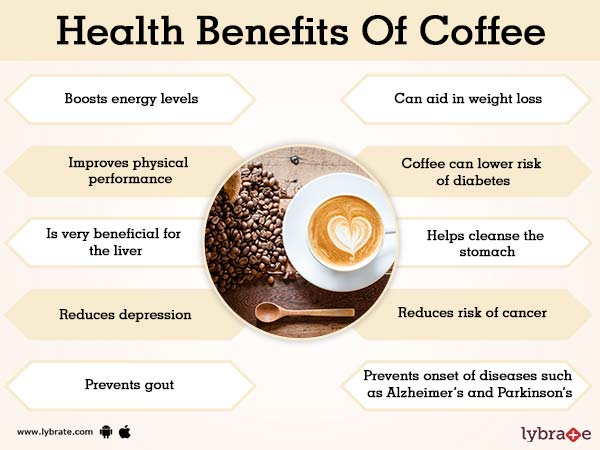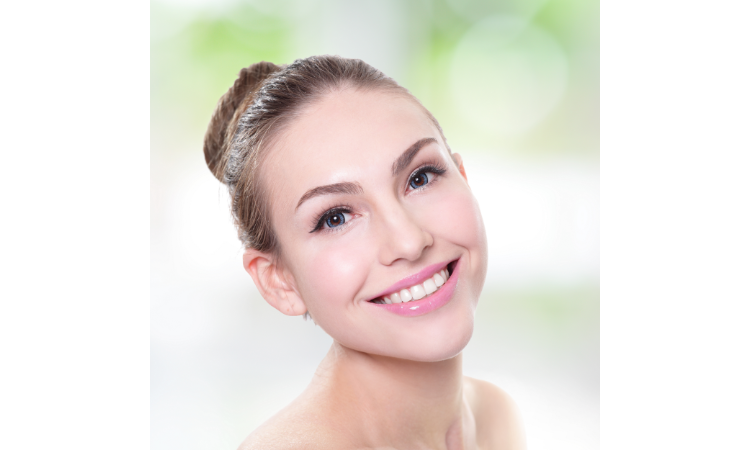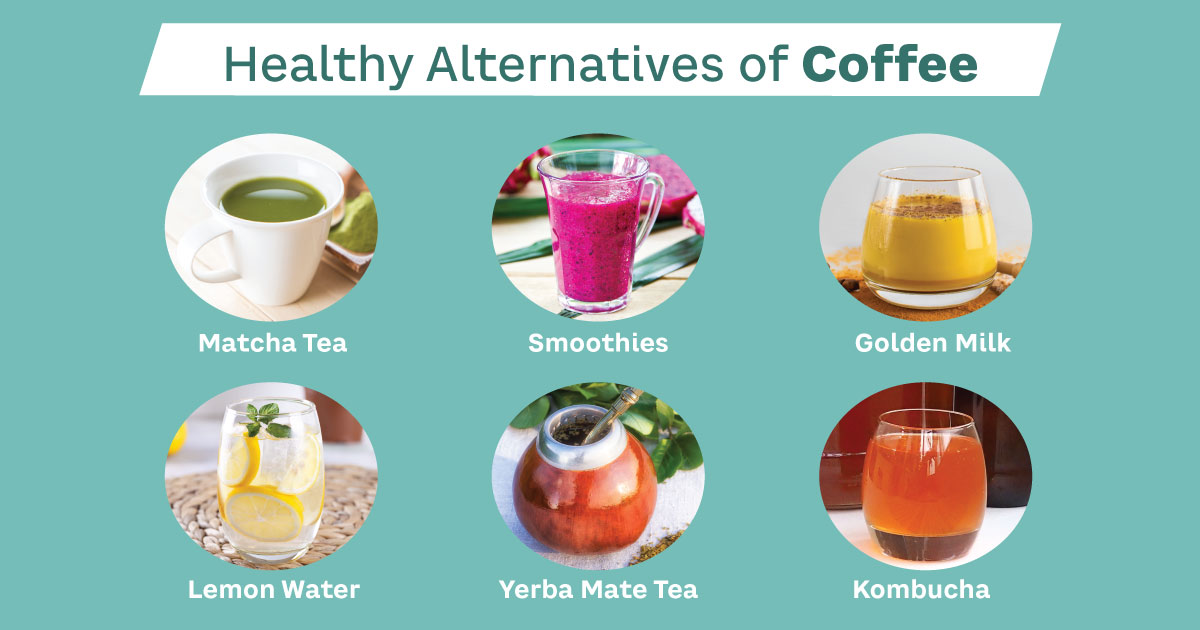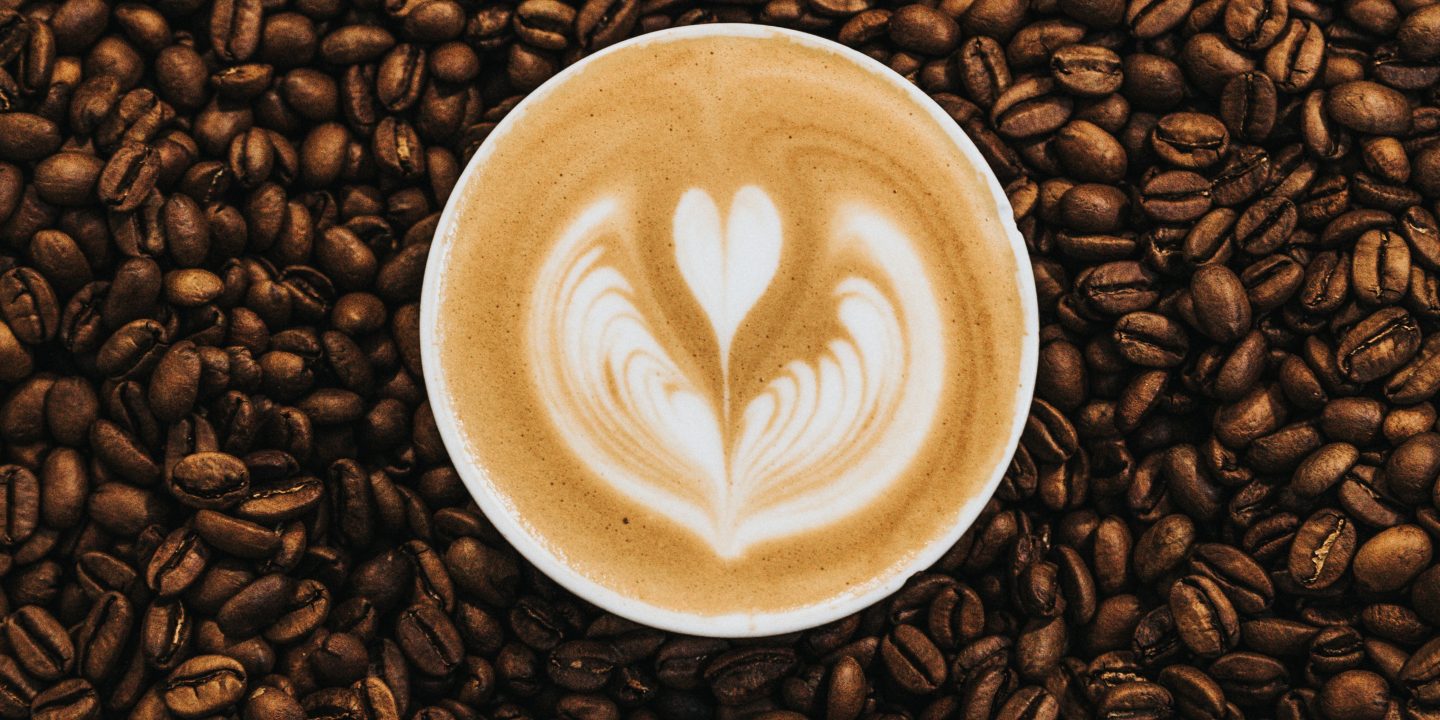Coffee is more than just a beverage; it’s a culture, an essential part of our daily lives. In this article, we will explore the various uses and benefits of coffee, from its origins to its impact on our health and beauty.
The Origins of Coffee

Coffee has a long and fascinating history. It was originally used for its medicinal properties and consumed by various ancient civilizations. The first recorded use of coffee dates back to the 15th century in Yemen. Since then, it has become an integral part of our lives and has been enjoyed by people all around the world.
Different Types of Coffee

There are various types of coffee drinks and brewing methods, each with its unique taste and characteristics. Some of the most popular types include:
- Espresso: A concentrated coffee brewed by forcing hot water through finely-ground coffee beans. It is the base for many other coffee drinks like cappuccinos and lattes. Here is a detailed comparison between coffee and espresso.
- Cappuccino: A combination of equal parts espresso, steamed milk, and milk foam. Find out how it differs from regular coffee.
- Cold Brew: A coffee brewing method that involves steeping coarse coffee grounds in cold water for an extended period, usually 12-24 hours. Learn more about the best coffee to use for cold brew.
- French Press: A brewing method that uses a plunger to press hot water through coarse coffee grounds. Discover how to use a French press for brewing coffee.
The Benefits of Coffee

Coffee is packed with various benefits that go beyond its ability to keep us awake and alert. Some of the key advantages of coffee include:
- Antioxidants: Coffee is rich in antioxidants, which help protect our cells from damage caused by free radicals.
- Improved Physical Performance: The caffeine in coffee can boost physical performance by increasing adrenaline levels and breaking down body fat for fuel.
- Mental Sharpness: Coffee can enhance cognitive function, improve mood, and boost memory.
- Weight Loss: Coffee can help increase metabolism and burn fat, aiding in weight loss.
- Reduced Risk of Diseases: Regular coffee consumption has been linked to a lower risk of developing diseases such as type 2 diabetes, Parkinson’s disease , Alzheimer’s disease, and certain types of cancer.
Coffee and Your Health

Moderate coffee consumption can have several positive effects on our health. However, it’s important to remember that excessive intake can lead to adverse side effects.
- Caffeine Content: An 8-ounce (240-mL) cup of coffee contains approximately 95 mg of caffeine, which varies depending on factors like the type of coffee bean, brewing method, and serving size. To put this into perspective, 200 mg of caffeine is equivalent to roughly two 8-ounce cups of coffee (source).
- Caffeine and Sleep: Drinking coffee close to bedtime can interfere with your sleep cycle. It’s generally recommended to avoid caffeine for at least 6 hours before going to bed.
- Coffee and Hydration: While it’s true that coffee can have a mild diuretic effect, moderate consumption is unlikely to cause dehydration. It’s essential to maintain proper hydration by drinking enough water throughout the day.
Beauty Benefits of Coffee

Coffee is not only enjoyed as a beverage but is also used in various beauty treatments. Some of the beauty benefits of coffee include:
- Exfoliation: Coffee grounds can be used as a natural exfoliant to remove dead skin cells and reveal a smoother, more radiant complexion. Learn more about coffee scrubs.
- Hair Care: Applying a coffee ground mixture to your hair and scalp can help stimulate hair growth and improve overall hair health. Discover how coffee can benefit your hair.
- Cellulite Reduction: When used as a scrub, coffee grounds can help improve blood circulation and temporarily reduce the appearance of cellulite.
- Anti-Aging: Coffee is rich in antioxidants that can help combat premature aging by protecting the skin against free radicals and UV damage.
Coffee Alternatives and Substitutes

If you’re looking to cut back on coffee or try something new, there are many alternatives and substitutes available. Some popular coffee alternatives include:
- Chicory Coffee: Made from the roasted and ground roots of the chicory plant, this coffee substitute has a similar taste to coffee but is naturally caffeine-free.
- Dandelion Coffee: Made from roasted dandelion root, this caffeine-free alternative has a rich, earthy flavor and is often used for its potential health benefits.
- Tea: With countless varieties and flavors available, tea can be a great alternative to coffee, offering various caffeine levels and potential health benefits.
- Golden Milk: A warm, spiced beverage made from turmeric, ginger, and milk, golden milk is a caffeine-free alternative that boasts anti-inflammatory and antioxidant properties.
Conclusion
Coffee is a beloved beverage enjoyed by millions of people worldwide for its rich taste, stimulating effects, and various health benefits. With a seemingly endless variety of beans, roasts, and brewing methods, there is a coffee for everyone, whether you prefer a bold espresso or a refreshing iced coffee.
Understanding the difference between coffee and cappuccino, the benefits of black coffee, and the purpose of decaf coffee can help you make informed decisions about your coffee consumption and find the perfect brew to suit your tastes and preferences.
So, the next time you visit your nearest coffee shop or brew a cup at home, take a moment to appreciate the history, culture, and benefits that this incredible beverage has to offer.
